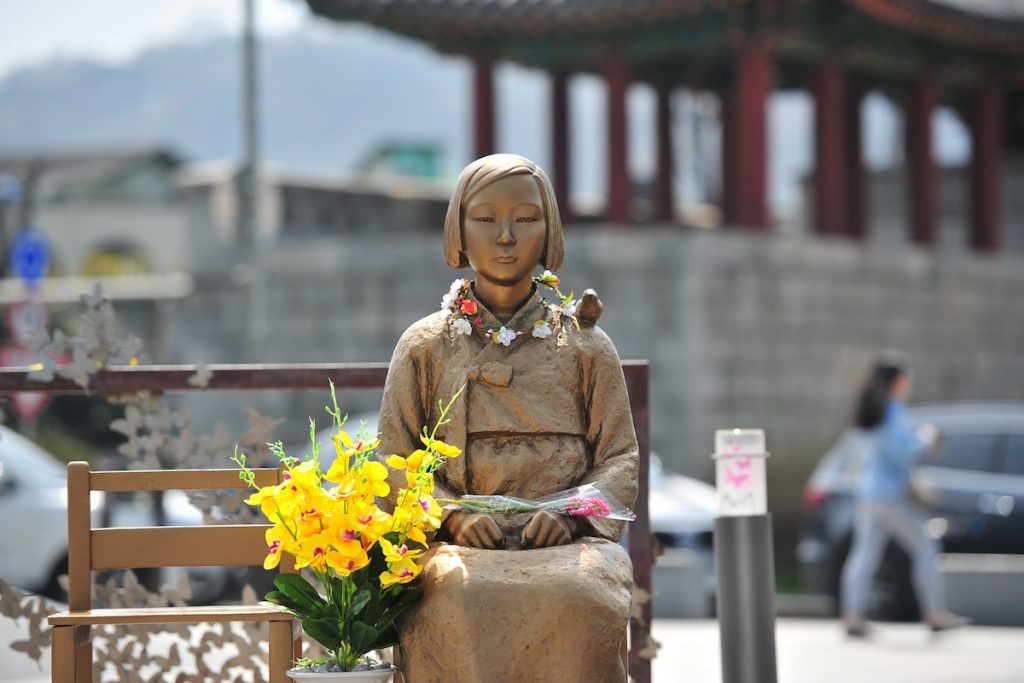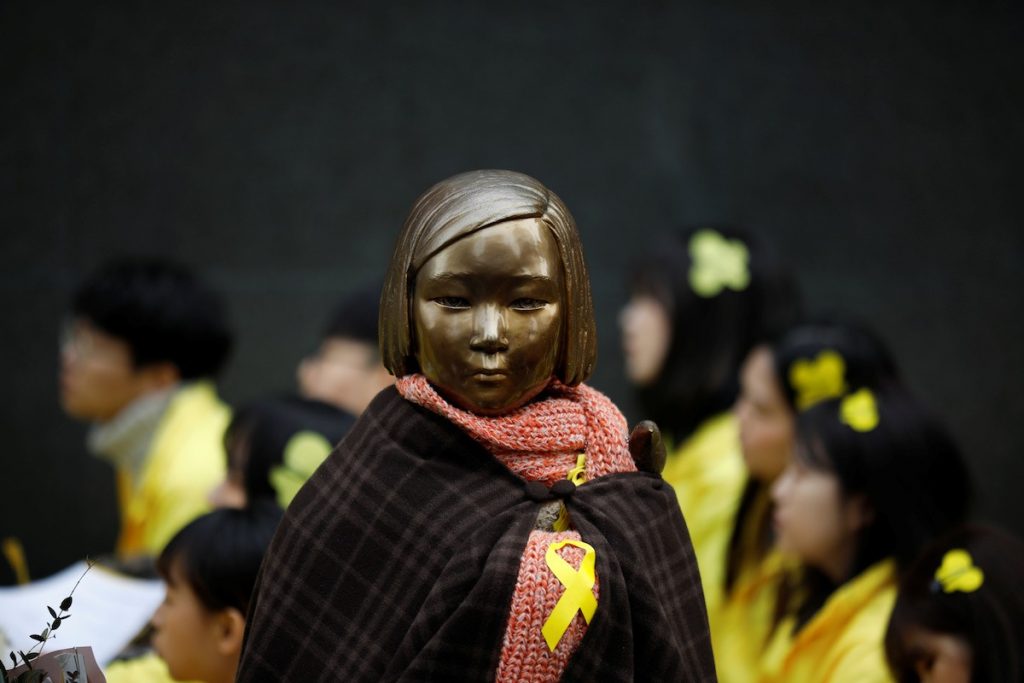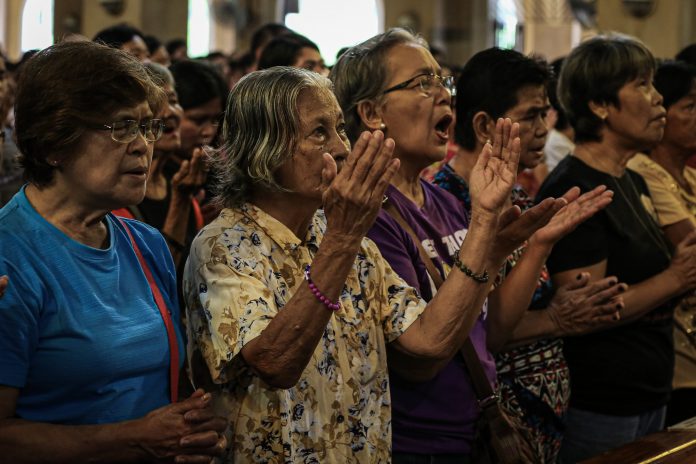On Au. 14, 1991, South Korean Kim Hak-sun gave a public testimony about her experience as a comfort woman in the hands of Japanese soldiers during the Second World War. It was the first time that the world heard about it.
In 2012, August 14 was declared by the South Korean government as the “International Memorial Day for Comfort Women.”
South Korean President Moon Jae-in described Japan’s wartime use of comfort women as “crimes against humanity.”
About 200,000 women from Korea, China, Burma, New Guinea, and the Philippines were held in captivity, and many thousands more were raped as part of one of the largest operations of sexual violence in modern history.
The girls who were abducted, trafficked or brought to the Japanese military camps had their own dreams and visions for the future. All these were shattered.
It was a painful experience. The victims spent their lives in misery, having endured physical injuries, pain and disability, and mental and emotional suffering.
A year after Hak-sun’s revelation, Lola Rosa Henson decided to come out on Sept. 18, 1992. She narrated what happened to her, hoping that her ordeal will never happen again to any woman.
She was the first Filipino woman to tell the world about the inhuman practice of the Japanese soldiers during the war.

In the book titled “Maria Rosa Henson: Comfort Woman” by Yuki Tanaka, Nana Rosa narrated her story.
“The soldiers came. My work began, and I lay down as one by one the soldiers raped me. Every day, anywhere from twelve to over twenty soldiers assaulted me. There were times when there were as many as thirty; they came to the garrison in truckloads.”
“I lay on the bed with my knees up and my feet on the mat, as if I were giving birth. Whenever the soldiers did not feel satisfied, they vented their anger on me. Every day, there were incidents of violence and humiliation. When the soldiers raped me, I felt like a pig. Sometimes they tied up my right leg with a waist band or a belt and hung it on a nail in the wall as they violated me.”
“There was no rest, they have sex with me every minute. That’s why we’re very tired. They would allow you to rest only when all of them had already finished. Due to my tender age, it was a painful experience for me. Sometimes in the morning and sometimes in the evening – not only 20 times.”
I had the privilege to see and talk to Nana Rosa in person when I was a reporter while finishing my law studies. I was assigned to cover Lila Filipina, the organization of former Filipino comfort women.
Hak-sun died in December 1997 at age 74. Lola Rosa Henson died on Aug. 18,1997, of heart attack at the age of 69. er death came three days after the 52nd anniversary of the end of World War II.

Eight decades since the war ended on Aug. 15, 1945, and thirty years after Hak-sun’s first appearance in 1991, the Japanese government still refuses to officially recognize its accountability to the victims of sex slavery.
Many victims have died without seeing justice. The Philippine government continues to ignore the plight of comfort women. They remain unsupported and unrecognized by both the Japanese and Philippine governments.
Lila Filipina said the Japanese Official Development Assistance to the flagship projects of the administration of President Rodrigo Duterte has made the country subservient to Japanese government dictates.
The group lamented the shameless kowtowing to the demands of the Japanese government to remove all memorials pertaining to Japanese wartime atrocities, particularly the “Lola” statue that was removed from Roxas Boulevard in 2018 and the replica of the “Girl of Peace” statue in a private facility in San Pedro, Laguna.
From the more than 200 survivors in the late 1990s, less than 50 Filipino comfort women are still alive. This highlights a sense of urgency for them to receive a formal unequivocal public apology and just compensation from Japan as well as accurate historical inclusion while their voices can still be heard.
Justice has not yet been given to these women. Their fight continues up to this day.
Atty. Dennis R. Gorecho heads the seafarers’ division of the Sapalo Velez Bundang Bulilan law offices. For comments, email [email protected], or call 09175025808 or 09088665786.









